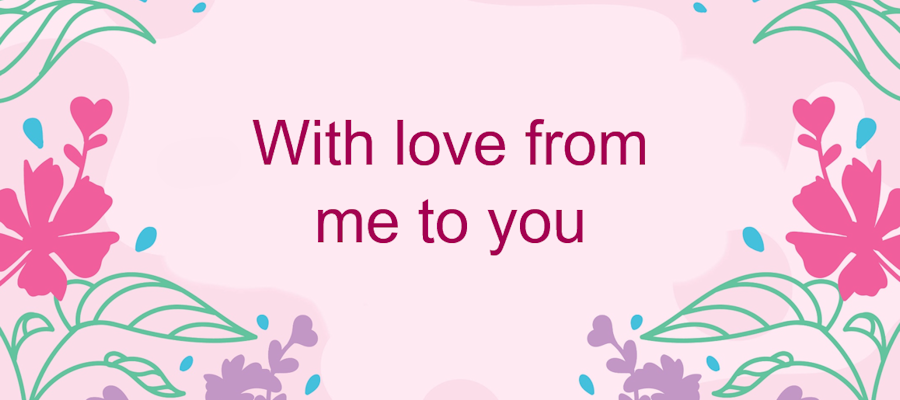
If you’re of a certain age, or into 60s music, you’ll recognise that phrase from a Beatles hit. So why am I writing about song lyrics? I’m not, but it was a great hook to hang my thoughts about email marketing on!
A lot of people resist email marketing – after all, nobody wants to get sales messages in their inbox. Most of us get off lists that just sell stuff. Some people simply delete the emails unread; others bother to unsubscribe. As the list owner you’re probably anxious not to get unsubscribes from your list, but think of this another way – people who unsubscribe aren’t interested and that means they’re not potential customers.
A list of people who signed up on a whim and never read your emails is not a list worth having. The other side of this coin is that the people who open your emails and stay on your list are telling you something really important – they like what they’re getting and are still interested.
Where does love come into it?
If you are proud of your service or product, you know that there are people out there who will really benefit from receiving it. If they don’t know about it, they’re missing an opportunity that could make a significant difference to them. It’s your job to ensure that they don’t miss out.
Yes, you want to sell your service or product, but that doesn’t mean you have to try to get people who aren’t that interested to buy. Ideally, you want to be helping those people who really want and need what you’re offering to buy.
There are lots of ways to describe this approach – and the one I like best is Bernadette Doyle’s ‘heart-centred selling’. It is all about helping the people who need your kind of help – it’s hardly selling at all, it’s more about showing them they’re worth it.
Email marketing is about education
Part of this process of finding the right people is to educate your list about how you can help them. This isn’t a sales pitch that screams ‘buy – buy – buy’; it’s a drip feed process where you explore an issue/challenge/problem and outline a potential fix – along with what the fix delivers in personal or business benefits.
If you do this in a conversational way and let your enthusiasm show, you’ll find it comes over less like a sales pitch and more like an ‘I love helping people with this’ approach.
An email series would take a number of issues/challenges/problems that your ideal client suffers from – and following the same solution – benefits process.
Think of it as chatting to someone over coffee, rather than a formal sales pitch. The tone and style of your email will come over as much more personal – and will work much better.
